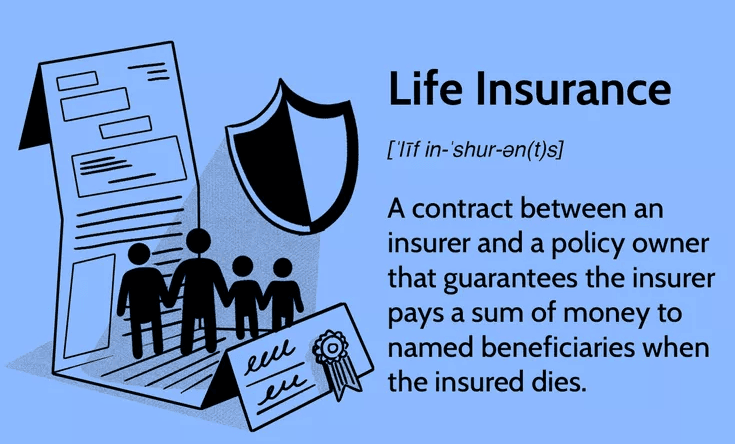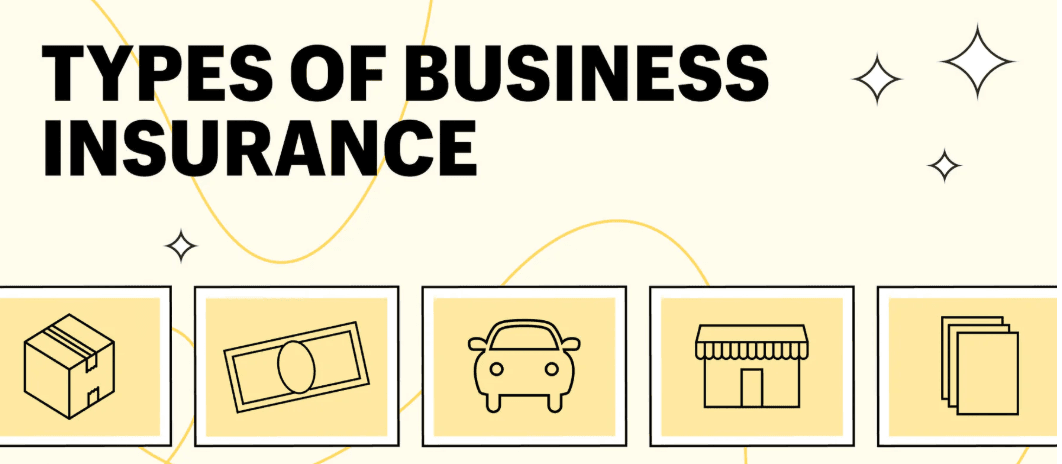What Is Insurance and Why Do You Need It?
In today’s world, uncertainty is a constant Insurance companion. Whether it’s a sudden illness, a car accident, a house fire, or even an unexpected death in the family, life can throw surprises at you when you least expect them. One of the most important ways to protect yourself financially against such risks is through insurance. But what exactly is insurance, and why is it so crucial to have it? Let’s dive deep into the concept of insurance and understand why it should be a non-negotiable part of your life plan.
Understanding Insurance: A Simple Definition
At its core, insurance is a financial safety net. It’s a contract (known as a policy) between an individual and an insurance company. You agree to pay a certain amount of money (called a premium) regularly. In return, the insurer promises to compensate you for specific financial losses, damages, illnesses, or even death, depending on the type of insurance you purchase.
Insurance works on the principle of risk pooling. Many people pay premiums into a common fund. Because only some people will claim at any given time, the fund has enough money to cover those claims. It’s a shared solution to individual risks.
In short: You buy insurance to transfer the financial burden of unexpected events from yourself to the insurance company.
The Different Types of Insurance
Insurance comes in many shapes and sizes, each tailored to cover specific aspects of life and property. Here are some of the most common types:
1. Health Insurance
Health insurance helps pay for medical expenses, including doctor visits, hospital stays, medications, and surgeries. Given the skyrocketing cost of healthcare, having health insurance is essential to avoid crippling medical debts.
2. Auto Insurance
If you drive a vehicle, auto insurance is usually a legal requirement. It covers damages to your car and other vehicles, injuries, and sometimes legal fees resulting from accidents.
3. Homeowners or Renters Insurance
Homeowners insurance protects your home and belongings against risks like fire, theft, and certain natural disasters. Renters insurance covers personal belongings inside a rented property.
4. Life Insurance
Life insurance provides a financial payout to your beneficiaries if you pass away. It ensures your loved ones are financially secure, even in your absence.
5. Disability Insurance
This type of insurance pays a portion of your income if you become unable to work due to illness or injury.
6. Business Insurance
Entrepreneurs and business owners need insurance to protect their companies from lawsuits, property damage, or employee-related risks.
7. Travel Insurance
Travel insurance covers unexpected mishaps during trips, such as lost luggage, trip cancellations, or medical emergencies abroad.
Why Do You Need Insurance?
Now that you know what insurance is and the different types available, the next big question is: Why is insurance so important? Let’s break it down:
1. Protection Against Unexpected Expenses
Life is unpredictable. Without insurance, an unexpected event could drain your savings, force you to sell assets, or even lead you into debt. Insurance provides a buffer that helps you manage unexpected financial burdens without completely derailing your life plans.
2. Peace of Mind
Worrying about “what if” scenarios can cause significant mental stress. Insurance gives you peace of mind, knowing that you have a backup plan in place. You can focus on living your life rather than fearing the unknown.
3. Legal Requirement
Certain types of insurance are legally mandated. For example, auto insurance is required by law in most places. Similarly, homeowners insurance may be required by your mortgage lender. Having insurance ensures you stay compliant with these legal obligations.
4. Safeguarding Family and Dependents
If you have dependents who rely on you financially, life insurance becomes critical. It ensures that they won’t struggle financially if something happens to you. Health insurance also ensures that your family can get medical care without financial strain.
5. Encourages Savings and Investment
Some insurance products, like whole life insurance or certain types of retirement insurance, double as savings or investment vehicles. They can help you accumulate wealth over time while offering insurance protection.
6. Business Continuity
For business owners, insurance is vital. Business insurance can protect you from lawsuits, property damage, employee injuries, and other risks that could otherwise shut down your operation permanently.
How Does Insurance Actually Work?
To better appreciate the value of insurance, it helps to understand its basic mechanics:
- Risk Assessment: Insurers assess your risk level based on various factors (e.g., your age, health, driving history).
- Premium Payments: You pay premiums—monthly, quarterly, or annually—to keep your policy active.
- Claims: When an insured event happens (like an accident, illness, or theft), you file a claim with your insurer.
- Compensation: If the claim is approved, the insurer pays you (or a third party) according to the terms of your policy.
The goal is to ensure that you’re never left financially devastated by events you can’t fully predict or control.
Common Myths About Insurance You Should Ignore
Despite its importance, many myths surround insurance. Let’s clear up a few:
- “Insurance is too expensive.”
Not having insurance can be far more expensive than paying regular premiums. - “Young people don’t need insurance.”
Starting young can lock in lower premiums, especially for life and health insurance. - “I’m already covered by my employer.”
Employer-provided insurance is often basic. You may need supplemental policies for full protection. - “I’ll get it later when I need it.”
Insurance isn’t like ordering a pizza—you can’t get full coverage instantly when a disaster strikes. It must be set up before you need it.
Tips for Choosing the Right Insurance
Choosing the right insurance can seem overwhelming, but these tips can simplify the process:
- Assess Your Risks: What are your most likely financial risks? Illness, accidents, property damage?
- Determine Your Coverage Needs: Figure out how much coverage you need to protect yourself and your family.
- Compare Multiple Providers: Don’t go with the first quote you get. Shop around.
- Understand Policy Terms: Read the fine print. Know what is included, excluded, and how claims work.
- Consult an Insurance Advisor: If you’re unsure, a professional can help tailor policies to your needs.
Conclusion
Insurance may not be the most exciting thing to think about, but it is absolutely essential for modern living. It protects your health, your wealth, your home, your car, your business, and even your family’s future. It offers something that’s increasingly rare in today’s uncertain world: peace of mind.
Don’t wait for an unfortunate event to make you realize the importance of insurance. Being proactive today could save you from unimaginable hardships tomorrow.
Remember:
Insurance isn’t just about preparing for the worst; it’s about enabling yourself to live your best life, with confidence and security.




